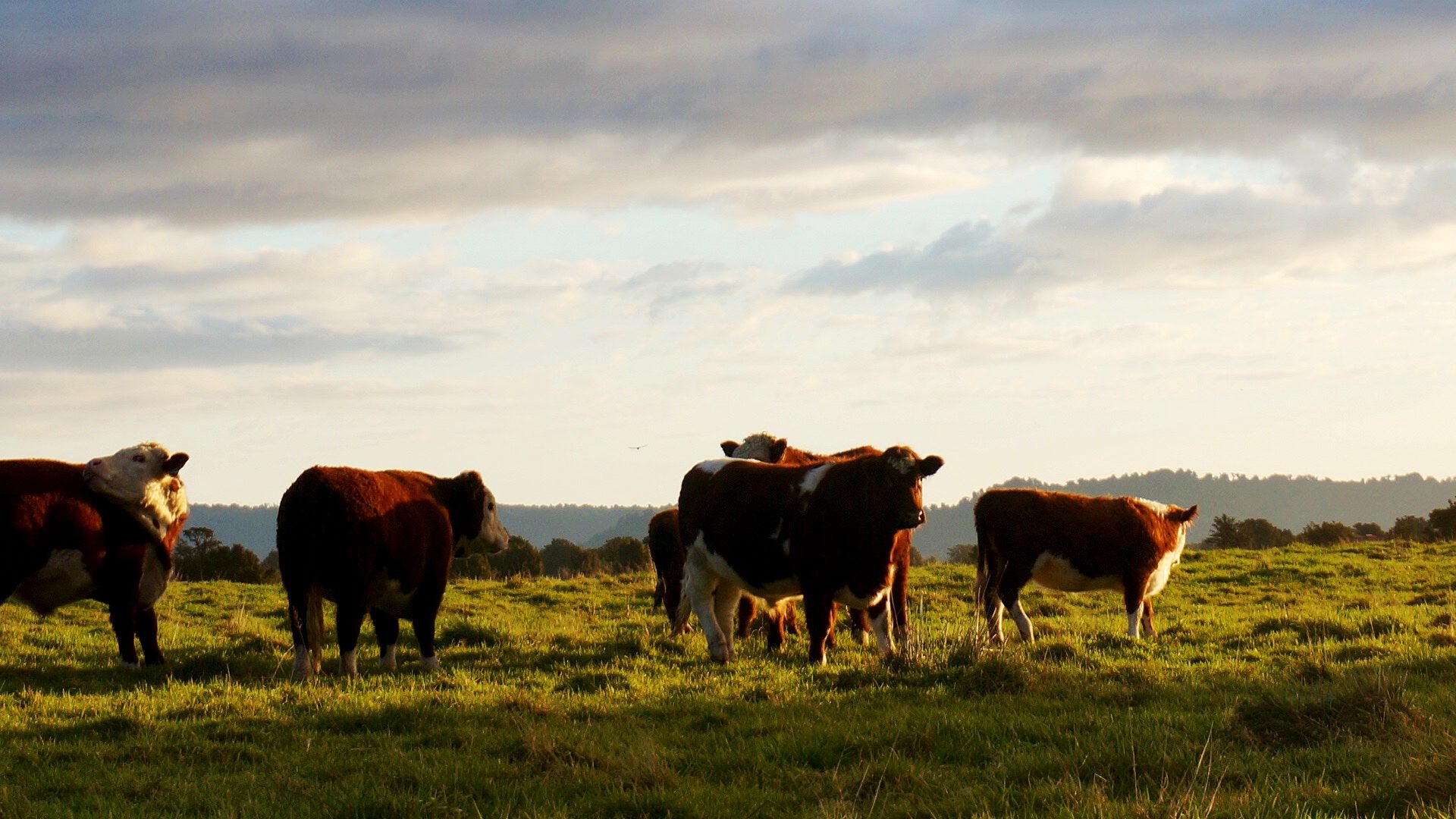For Immediate Release:
July 19, 2017
Contact: R-CALF USA CEO Bill Bullard
Phone: 406-252-2516; r-calfusa@r-calfusa.com
Billings, Mont. – In the wake of the discovery of a cow in Alabama infected with bovine spongiform encephalopathy (BSE) that did not enter the U.S. food supply, R-CALF USA CEO Bill Bullard issued the following statement regarding his organization’s involvement in strengthening the nation’s BSE safeguards.
“Bovine spongiform encephalopathy was first detected in Europe in 1986 and then spread to 25 countries. Worldwide, more than 180,000 cattle contracted the disease and 205 human deaths in 11 countries were attributed to BSE. The incidence of the disease has declined in recent years, with 5 cases detected worldwide in 2015 and 2 cases detected in 2016.
“In 2003 Canada detected its first native case of BSE, resulting from the importation of infected cattle from Great Britain and not having an effective feed ban in place. The United States immediately closed its border to beef and cattle from Canada to prevent the introduction of the disease into the U.S. cattle herd and U.S. food supply. However, under pressure from the meatpacking lobby, the U.S. Department of Agriculture (USDA) soon reopened the border to boneless beef from Canadian cattle under 30 months of age.
“Soon after, the USDA wanted to reopen the border to Canadian cattle and more Canadian beef products. In the fall of 2003 the USDA began allowing the importation of ground beef and other high-risk beef products into the U.S. from Canada, even though these products were prohibited.
“In early 2004, R-CALF USA discovered what the agency was doing and filed a lawsuit against the USDA, winning an injunction that prohibited the USDA from allowing the importation of beef or cattle from Canada, except for boneless beef from cattle slaughtered in a plant that only slaughtered cattle under 30 months of age. The injunction remained in effect until early 2005, when the USDA published a final rule stating it would begin removing high-risk materials from slaughtered cattle as a measure of protecting the U.S. food supply and it intended to resume trade in Canadian live cattle.
“R-CALF USA quickly filed its second lawsuit against the USDA’s final rule arguing that Canada’s multiple outbreaks of BSE demonstrated the disease was still circulating in the Canadian cattle industry and it was too dangerous to relax U.S. import restrictions. The federal court agreed and awarded R-CALF USA its second injunction, this time blocking the USDA from allowing the importation of live Canadian cattle of any age and beef products other than boneless beef into the United States. In its order the court stated that, “The USDA cannot favor trade with Canada over human and animal health within the U.S.”
“Although the injunction was lifted in mid-2005, the ban remained on Canadian cattle over the age of 30 months. When the USDA attempted to resume the importation of these higher-risk cattle, R-CALF USA filed its third lawsuit and won its third injunction, this one requiring the agency’s rule to be reconsidered by the agency with a new public comment period.
“As a direct result of R-CALF USA’s formidable legal challenges, the USDA’s efforts to prematurely resume imports of beef and cattle from Canada, despite Canada’s ongoing BSE outbreaks at the time, were effectively blocked for many months (Canadian cattle imports were banned from the U.S. for longer than two years).
“Just as important, as a direct result of R-CALF USA’s judicial successes, the USDA was forced to take additional steps to protect the U.S. cattle herd and U.S. consumers from BSE. The agency expanded the list of high-risk tissues that are now removed from cattle at slaughter to significantly reduce the risk of BSE infectivity in the food supply, the agency worked with the Food and Drug Administration (FDA) to significantly strengthen the U.S. feed ban to prevent the spread of BSE should it be imported, and the agency maintained its BSE testing program so infected animals could be removed from the food chain.
“The BSE-infected cow discovered in Alabama was detected before it could enter the food supply in large part because R-CALF USA members had previously demanded a much more robust and comprehensive safeguard system against BSE than the USDA was inclined to provide.”
# # #
R-CALF USA (Ranchers-Cattlemen Action Legal Fund, United Stockgrowers of America) is the largest producer-only cattle trade association in the United States. It is a national, nonprofit organization dedicated to ensuring the continued profitability and viability of the U.S. cattle industry. For more information, visit www.r-calfusa.com or, call 406-252-2516.






